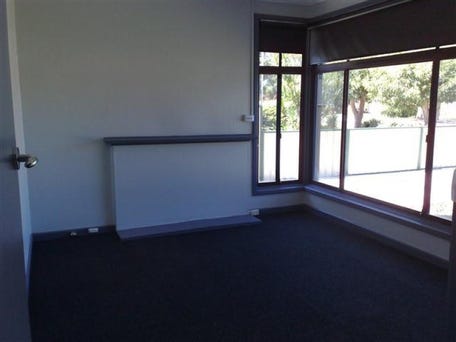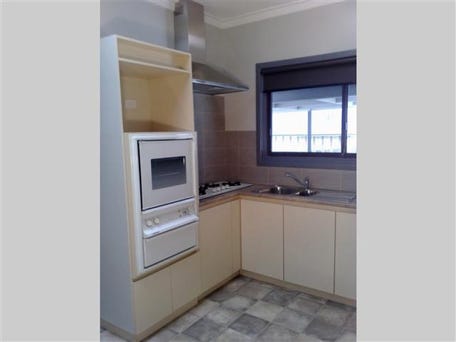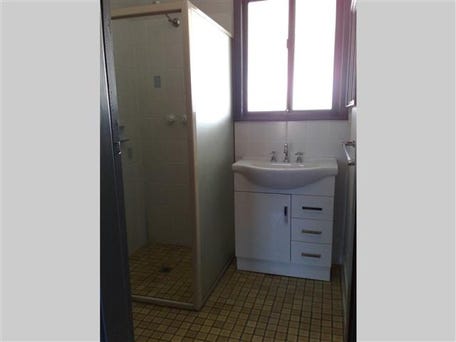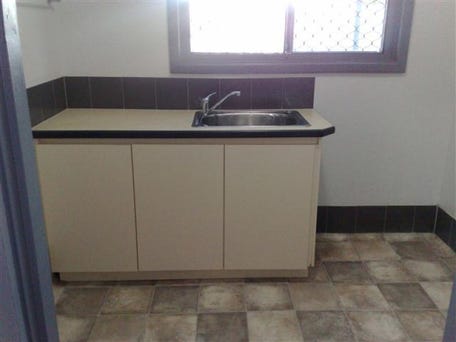Hi All,
I'm a bit confused into what goes into identifying something that has the potential to have value added to it through a cosmetic reno.
For example, let's say you identify an area which you can afford, you start looking at numbers only (yields, vacancies, stock on market blah blah). And then you are satisfied. After that you identify the value of properties (compare like with like, and see how much unrenovated, vs renovated properties sell for). You've identified all that, but then what happens when you actually find a deal. Could someone give me an example of how they knew their end product vs their starting, and how did they obtain the quotes of how much it would cost to fix and at WHAT STAGE DURING THEIR PURCHASING/FINDING/OFFERING THE PROPERTY DID THEY FIND OUT THE EXACT COSTINGS OF THE RENO?
Do you first offer on the property, have your offer accepted, and then get quotes on renovation during cooling off, OR, do you know simply by experience, or do you just send pictures to tradies before you offer, and ask them how much it costs to fix/tidy up (maybe give em an example of what you want to turn it into and you get quotes accordingly?).
I am a first time investor, but I'm not sure how to go about offering in accordance with having enough margin to add value, and not knowing how much it would cost me to do reno work on a property...
Could someone explain like I'm five the exact steps they went through, from identifying an undervalued/untidy property to offering and negotiation (and rationale/calculations for the offer) and then the reval of the end product. How did you know how much reval you'd get? Do you just ask agents how much rent can come in if you renovate and take their word for it or how much it would cost to tidy the place up?
Mind you, I want to buy a property I can add value to as my first one because I don't want to buy and hold and wait forever, I would like to make sure I can move forward in my portfolio in the least amount of time.
Regards,
Achimy
I'm a bit confused into what goes into identifying something that has the potential to have value added to it through a cosmetic reno.
For example, let's say you identify an area which you can afford, you start looking at numbers only (yields, vacancies, stock on market blah blah). And then you are satisfied. After that you identify the value of properties (compare like with like, and see how much unrenovated, vs renovated properties sell for). You've identified all that, but then what happens when you actually find a deal. Could someone give me an example of how they knew their end product vs their starting, and how did they obtain the quotes of how much it would cost to fix and at WHAT STAGE DURING THEIR PURCHASING/FINDING/OFFERING THE PROPERTY DID THEY FIND OUT THE EXACT COSTINGS OF THE RENO?
Do you first offer on the property, have your offer accepted, and then get quotes on renovation during cooling off, OR, do you know simply by experience, or do you just send pictures to tradies before you offer, and ask them how much it costs to fix/tidy up (maybe give em an example of what you want to turn it into and you get quotes accordingly?).
I am a first time investor, but I'm not sure how to go about offering in accordance with having enough margin to add value, and not knowing how much it would cost me to do reno work on a property...
Could someone explain like I'm five the exact steps they went through, from identifying an undervalued/untidy property to offering and negotiation (and rationale/calculations for the offer) and then the reval of the end product. How did you know how much reval you'd get? Do you just ask agents how much rent can come in if you renovate and take their word for it or how much it would cost to tidy the place up?
Mind you, I want to buy a property I can add value to as my first one because I don't want to buy and hold and wait forever, I would like to make sure I can move forward in my portfolio in the least amount of time.
Regards,
Achimy




